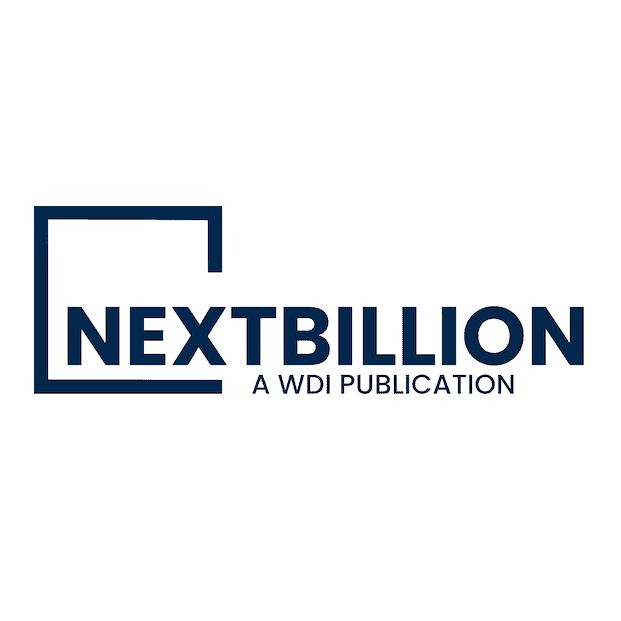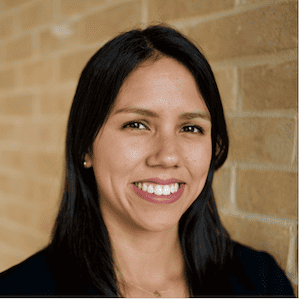-
The Global Aid Industry is Repeating the Mistakes that Caused the 2008 Financial Crisis: A Warning from a Former Leader at Lehman Brothers
In 2008, the failure of a single institution, Lehman Brothers, triggered a global financial crisis — not because of Lehman alone, but because of the unseen interdependencies that held the world’s financial system together. According to David Davies at AgUnity, a leader at Lehman Brothers during the 2008 crisis, America is in the process of making the same catastrophic mistake in global aid. He explains why the collapse of USAID threatens to bring down the deeply interconnected global aid system, impacting hundreds of millions of people — and urges private foundations, philanthropists and impact investors to step up.
-
Seeking Partnership Closer to Home: How South-South Cooperation Empowers Businesses in Developing Markets
While all businesses worldwide face challenges, businesses in the Global South must navigate additional complexities ranging from economic volatility to infrastructure constraints. As Martin Burt at Fundación Paraguaya argues, this creates a need for greater South-South cooperation — i.e., the exchange of technologies, knowledge and other resources between entities in the developing world. He explains the benefits of this practice, exploring how it can enable businesses and entrepreneurs in the Global South to work together to foster innovation and build resilient economic systems tailored to their unique circumstances.
- Categories
- Social Enterprise, Technology
-
Disrupting Waste Management in Emerging Markets: Four Lessons for Strengthening Businesses While Empowering Women and Communities
Early-stage companies in emerging markets whose workforces and value chains are dependent on women face several common challenges. According to Yaquta Fatehi at the William Davidson Institute at the University of Michigan and John F. Akwetey, these issues are especially relevant in the waste management sector. They share insights from a study of waste management businesses and practices in Kenya, which show the impacts of treating women’s empowerment and community engagement as integral elements of business strategies rather than peripheral concerns.
-
Lessons from a Decade of Investing in a Frontier Market: What Impact Investors Can Learn from Nepal’s First International Private Equity Fund
Over a decade ago, the first international private equity and impact fund dedicated to Nepal – Dolma Impact Fund — was launched. As Tim Gocher at Dolma Fund Management explains, in those days it was rare for Nepalese companies to receive any foreign direct investment, let alone institutional private equity or impact capital. He discusses the challenges Dolma experienced in bringing private equity investment to Nepal, and shares key lessons for other impact investors looking to enter frontier markets.
- Categories
- Energy, Environment, Investing
-
Building Better Business Advisory Programs: Five Lessons from an Inclusive Marketing Bootcamp
Inclusive business models involve integrating low-income communities into the value chain as suppliers, distributors, retailers or consumers. As this approach has gained traction, advisory programs have emerged to help companies adopt and scale these practices. Beryl Oyier, Catherine Mwangi, Eyerusalem Mitiku and Rakib Hasan Rabbi at Bopinc share insights from an inclusive marketing program in Africa, highlighting five key lessons for designing more impactful inclusive business advisory programs.
- Categories
- Agriculture, Social Enterprise
-
It’s Time to Talk about Founder Wellbeing in Africa: A Landmark Survey Highlights the Need for Greater Support
The pressure of building a successful business takes a mental, emotional and physical toll on entrepreneurs, and this can affect their business outcomes if they don’t make their own wellbeing a priority. Yet as Stella Klemperer at Flourish Ventures argues, the topic of founder wellbeing has not been given the attention it deserves. She shares insights from the first large-scale survey of entrepreneurs’ journey and wellbeing in Africa, including nearly 200 startup founders across 13 countries. As she explains, this research shows why supporting entrepreneurs' wellbeing is a strategic imperative for investors, founders and other stakeholders.
- Categories
- Investing, Social Enterprise
- Tags
- impact investing, research, startups
-
Tapping the Potential of Catalytic Carbon Finance: Could This Collaborative Approach Unlock Scale in Africa’s Off-Grid Solar Sector?
Addressing Africa's growing demand for reliable, renewable energy is essential for the continent's sustainable economic development. But as Peter Simiyu at EcoSecurities explains, despite Africa's ample clean energy resources, just 2% of renewable energy investments have been channelled to the region in the past decade. He explores how an innovative approach to catalytic carbon finance could help provide the funding businesses need to kick-start off-grid power deployment, enabling Africa to lead the global shift toward clean energy.
- Categories
- Energy, Environment, Investing
-
A Missed Opportunity for Climate Tech Startups: The Need for Effective Early-Stage Marketing
The climate tech ecosystem is witnessing a wave of innovation and startup activity. Yet Emre Eren Korkmaz at the University of Oxford argues that these startups often overlook a key factor that's critical to their long-term success: the need for early-stage marketing strategies. He explains why marketing is a foundational necessity from day one, enabling climate tech startups to offer their solutions to potential clients in the corporate, public and impact sectors, across industries ranging from agriculture to aviation.
- Categories
- Energy, Environment, Technology










